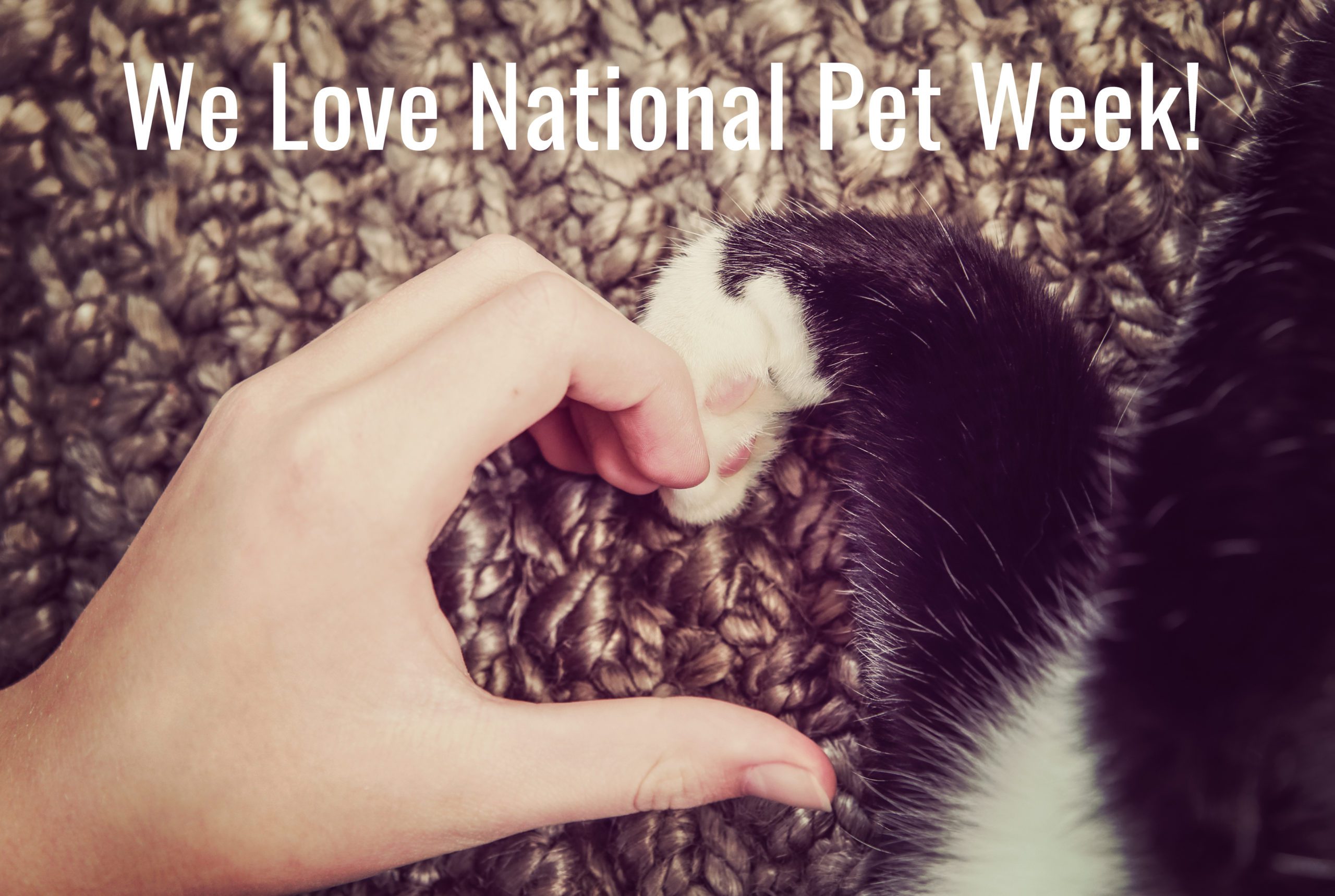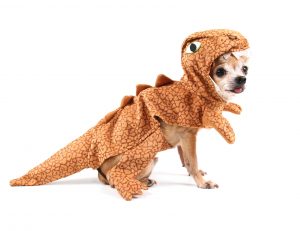
Pets are awesome – but did you ever stop to wonder when pets became pets? History shows that pets (aka companion animals) have been a part of human lives for thousands of years! It’s estimated that the first wolf cubs were domesticated by primitive man around 12-14,000 years ago. Yes, wolves are the common ancestor shared by all modern dogs.
While it’s likely the newly domesticated “dogs” were kept to perform tasks like herding, guarding and hunting, ancient tombs containing human and wolf bones provide evidence of of man’s growing affection for their companion animals.
Some 8,000 years ago, nomadic tribes began to give way to more agrarian-focused societies. As people settled into these more permanent farming societies, dogs became more valued, and cats began to make an appearance in human lives by making themselves useful. Mice and other small mammals loved the barns, grain stores and homes in these new human settlements. It’s not surprising that their natural predator, the cat, followed them. Cats were most likely embraced for their usefulness in keeping these pests at bay, and in the process, many people discovered that cats made pretty great pets.
In many early societies, the noble or ruling classes kept a variety of pets purely for their own amusement. Chinese emperors loved dogs, and the ancient Greeks and Romans were also founding members of “team dog”. Not to be outdone, the ancient Egyptians revered cats as gifts from the gods – and they were mummified after death, just like people. In Egypt, cats were openly worshipped and they were protected by law. Killing a cat was an offense punishable by death! Most of today’s modern cats are descendants of these ancient Egyptian felines.

By the time the Middle Ages arrived, pets had become status symbols among the wealthy and some high-ranking clergy members. Leaders of the Christian church did not approve, as they believed that food eaten by pets should be used to feed the poor, and that closeness to animals was just a little too close to paganism. During the Inquisition, close association with animals was considered as firm evidence of witchcraft and Satan worship, and many a poor soul was condemned to death. Most of them were poor and elderly women.
The more modern version of pet ownership began in Victorian times, although it was only acceptable among the upper and middle classes, as having pets might encourage the poor to shirk their responsibilities.
Today, millions of people worldwide treat their beloved pets as members of their family. There is also growing recognition and scientific evidence of the positive effects companion animals have on overall human health and wellness.
In honor of National Pet Week, be sure give your pet an extra dose of love plus a treat or two. It’s a great way to say thanks for sticking with us humans through the ages and for loving us along the way.

